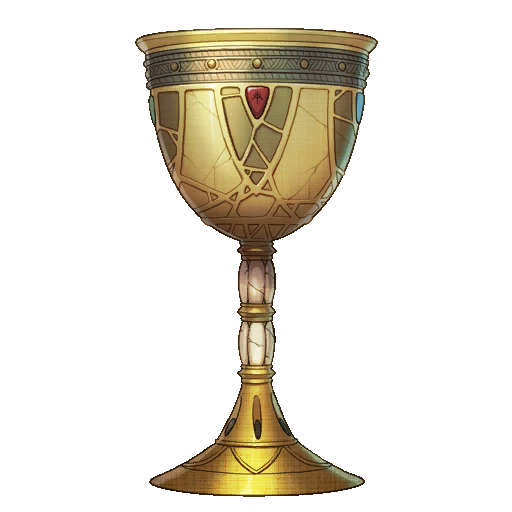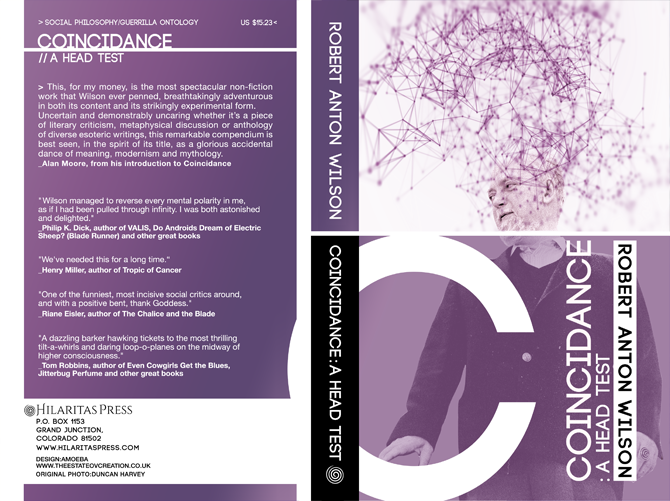

After spending a lot of time thinking about this topic and reading Eisler’s novel, particularly the passage “it is evident that there is another logical alternative….that there can be societies in which difference is not necessarily equated with inferiority or superiority,” I would agree that the world could significantly change and be a better place for everyone. Rather than giving conscious thought and leading by example, I have been stuck in the grind of my daily life. This woman is teaching her child to hate and she is continuing the vicious cycle onto yet another …show more content… While I may not have perpetuated this behavior directly, I suppose I have been complacent about some of these issues. Hate is not an emotion that people are born with, it is learned, and brought on by influences around you. Mothers are our children's first teachers in this world. What was also very disheartening was her son was sitting right by her as she made her racial slurs.

Whether the decision was conscious or not, her actions essentially demonstrated she would rather let her child potentially die as a result of her ignorance. This woman literally refused a doctor for a major issue like chest pain because she was so overly consumed by hate. It was shocking to witness this woman essentially risk the wellbeing of her child because of the race of the doctor. She did not want her son treated by him and said she would wait for a “white” doctor to come in later that day. The values once cherished becoming a thing of the …show more content… Rather than prioritizing the health of her son, this (caucasian) woman flipped out in the waiting room over the pediatrician being African American.

These influences resulted in a significant shift in the way people interact- from partnerships and equality to fierce competition and a greater divide. These values were overcome by the influences of a society heavily influenced and dominated by men. Eisler’s novel refers to times long ago where people lived in partnership with each other and valued equality. “How can human beings be so brutal to their own kind”? This powerful and thought provoking question was raised by Riane Eisler in her novel The Chalice in the blade this is a question that could be answered in so many different ways depending on when you ask, who you ask, or in what way you ask.


 0 kommentar(er)
0 kommentar(er)
